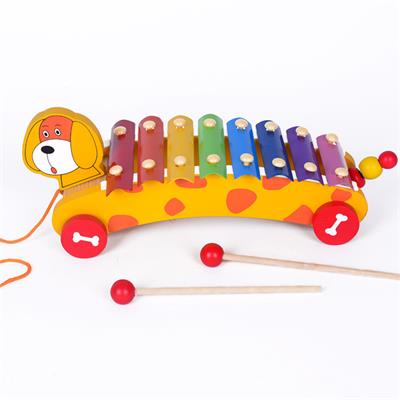Introduction: Music toys play a vital role in promoting social-emotional learning (SEL) among children, providing a rhythmic pathway to empathy and cooperation. These interactive instruments and toys offer a harmonious platform for children to explore emotions, connect with others, and develop essential social skills. In this blog, we’ll delve into the connection between music toys and SEL, understanding how these rhythmic experiences shape empathetic and cooperative behaviors.
- Emotional Expression: Playing music toys allows children to express a wide range of emotions through sound, fostering emotional intelligence and self-awareness.
- Empathy through Music: Listening to and creating music together can evoke shared emotions, facilitating empathy and understanding between children.
- Collaborative Play: Group music sessions with music toys encourage collaborative play, enhancing cooperation and communication skills.
- Emotional Regulation: Engaging with music in a group setting helps children regulate emotions, promoting positive interactions and reducing conflicts.
- Social Bonds and Inclusion: Shared music experiences create a sense of belonging and inclusion, nurturing social bonds and supportive relationships.
Conclusion: Music toys offer a rhythmic pathway to social-emotional learning, fostering emotional expression, empathy through music, collaborative play, emotional regulation, and social bonds. By incorporating music toys into playtime and educational settings, parents and educators provide children with a powerful platform to cultivate empathy, cooperation, and emotional intelligence. As children embark on this harmonious journey of social-emotional learning, they develop the skills and attitudes necessary for building healthy relationships and creating a more empathetic and inclusive society.








